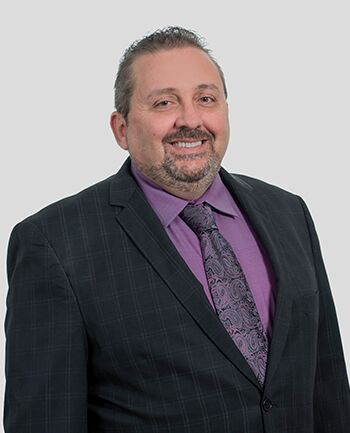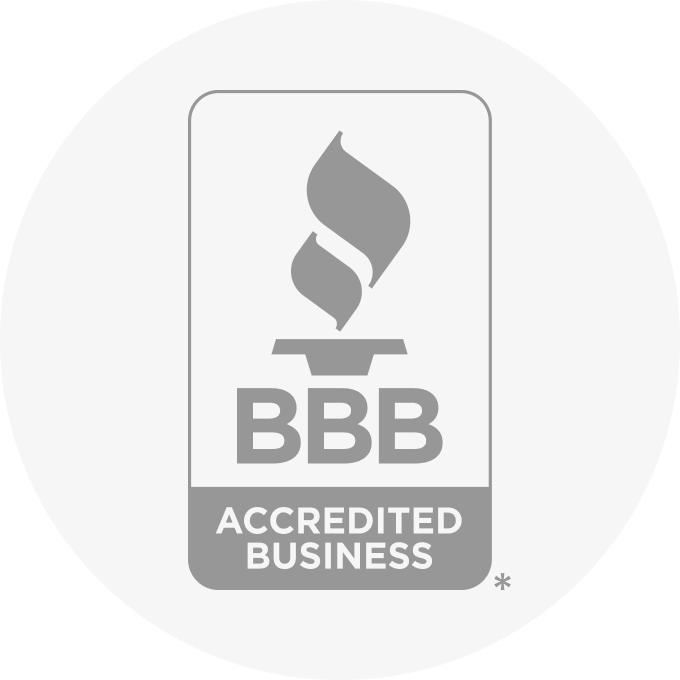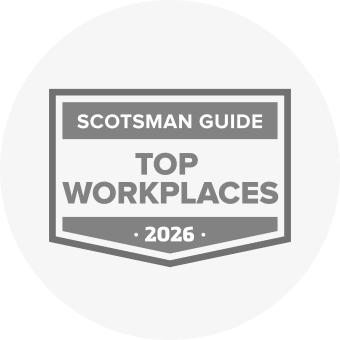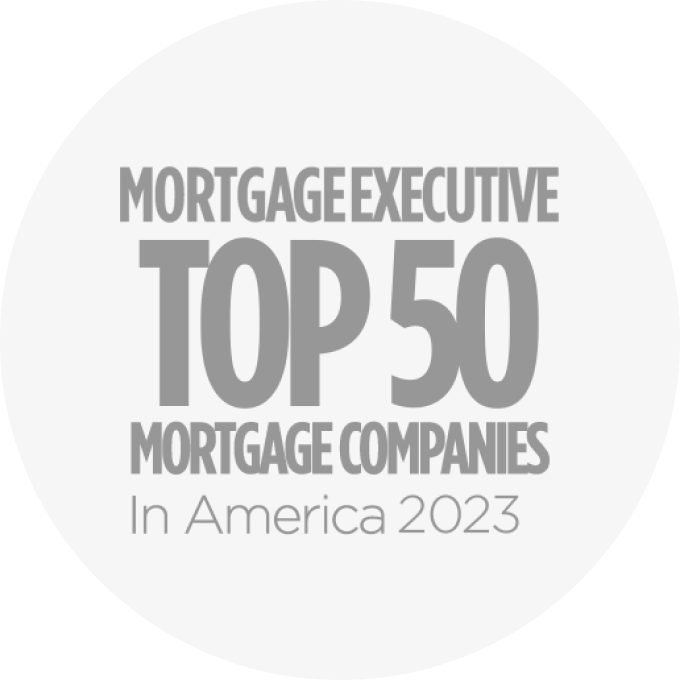
-
- monday: 8:00AM – 7:00PM
- tuesday: 8:00AM – 7:00PM
- wednesday: 8:00AM – 7:00PM
- thursday: 8:00AM – 7:00PM
- friday: 8:00AM – 7:00PM
- saturday: 8:00AM – 7:00PM
- sunday: 8:00AM – 7:00PM
-
- Medford, MA
- Wilmington, MA
- Winter Hill, MA
- Danvers, MA
Your Local CrossCountry Mortgage Loan Officer
Nick Zannelli
I’ll be with you every step of the way
Hi, I’m Nick Zannelli, and with more than 20 years of experience in the mortgage industry, I’m proud to have been recently awarded as one of the Top Hot 100 in Mortgage Professional America Magazine in 2017. At the Danvers, MA branch of America’s #1 Retail Mortgage Lender, I take a consultative approach to the home loan process, customizing financing solutions to help clients achieve their homeownership goals. I believe that a mortgage is more than just a transaction—it’s about building relationships and helping customers achieve their long-term dreams.
While many loan officers can secure a loan for you, my top priority is getting you the right loan that aligns with your financial goals. Integrity is at the core of everything I do, and I’m here to guide you through the mortgage process with personalized care, ensuring that you feel confident in your decisions from start to finish.





Nick’s testimonials
Guides and resources
My social posts
How much will my mortgage payment be?
This calculator is being provided for educational purposes only. The results are estimates based on information you provided and may not reflect CrossCountry Mortgage, LLC product terms. The information cannot be used by CrossCountry Mortgage, LLC to determine a customer’s eligibility for a specific product or service.
Inspiration for your home loan journey
Frequently asked questions
-
Refinancing costs typically range from 2% to 6% of the loan amount and include fees such as appraisal, title insurance, and closing costs. Factors like your loan type, location, and credit score can significantly impact these expenses. Our team can help to provide strategies that can help minimize costs.
-
To determine how much home you can afford, you’ll want to assess your financial situation. This includes your income, expenses, and debt-to-income ratio, to ensure your mortgage fits comfortably within your budget. A general guideline is to spend no more than 28% of your gross monthly income on housing costs and 36% on total debt.
-
A good credit score typically starts at 620 for conventional loans, while FHA and VA loans may accept scores as low as 500, though higher scores offer better terms. A strong credit score can help you secure lower interest rates, saving you significant money over the life of a home loan.
-
A Home Equity Line of Credit (HELOC) is a revolving line of credit that allows homeowners to borrow against the equity in their home. HELOCs function like a credit card, giving access to funds up to a set limit, which can be used for expenses like renovations or debt consolidation. You only pay interest on the amount you borrow, and the repayment terms typically include a draw period followed by a repayment period.
-
To calculate your mortgage payments, start with your loan amount, interest rate, and loan term. Your payment will depend on the interest charged over time and the repayment schedule. You can use a monthly mortgage payment calculator or connect with us to learn more.
-
Non-QM loans use expanded home financing criteria to give borrowers income and credit flexibility. From qualifying with bank statements or 1099 income to purchasing investment properties, Non-QM loans open doors to homeownership many don’t realize are available.
-
Also known as Investor Cash Flow loans, DSCR loans are designed to help real estate investors secure financing with their rental property’s cash flow. Instead of relying on personal income, DSCR loans use the debt service coverage ratio (DSCR) to qualify.
DSCR is calculated by dividing the monthly rental income by principle, interest, property taxes, homeowners insurance and association dues.
-
Since Non-QM loans don’t follow traditional guidelines, they’re considered riskier. That’s why lenders often require a higher down payment, interest rate and other terms.
But Non-QM loans are a safe financing option that benefits many homebuyers. Talk to a CCM loan officer to learn what’s right for you.
-
Bank Statement loans allow you to qualify for a mortgage using your bank statements instead of tax returns. These loans are designed for borrowers who have strong credit and finances but don’t have traditional income, like self-employed workers.
To qualify, you’ll use the average of your deposits over a 12- or 24-month period. If your work doesn’t provide a W-2, this may be the loan for you.
-
ITIN loans give you a way to qualify for home financing without a Social Security number. Instead, your Individual Tax Identification Number (ITIN) makes homeownership possible.
At CrossCountry Mortgage, we provide numerous ways to qualify using an ITIN. Bank statements, liquid assets, 1099 income and more can all be used to buy a home with our ITIN loan.
-
No. Conventional loans follow criteria established by the Consumer Financial Protection Bureau (CFPB). Non-QM loans use different standards that provide flexibility for borrowers who may not meet conventional requirements due to the type of home being purchased, financial circumstances or non-traditional income or employment.













